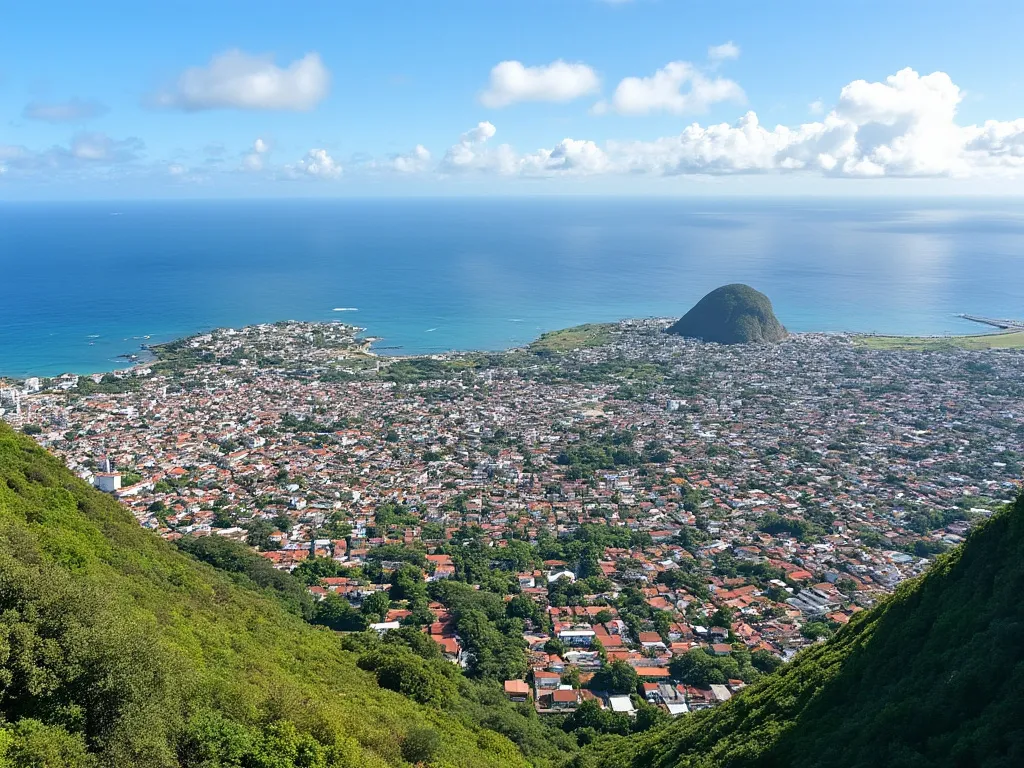
São Tomé es la capital y ciudad más grande de São Tomé y Príncipe, un archipiélago de dos islas ubicado en el Golfo de Guinea, frente a la costa de África Occidental. Con una rica historia, importancia cultural y económica, São Tomé es una ciudad fascinante para explorar.
Información sobre São Tomé
| País | 🇸🇹 Santo Tomé y Príncipe |
| Población | 72,265 (estimación 2020) |
| Coordenadas | 0.3367° N, 6.7361° E |
| Área | 17 km² (6.6 mi²) |
| Clima | Clima monzónico tropical |
| Idioma | Portugués (oficial) |
| Moneda | Dobra de São Tomé y Príncipe (STN) |
| Zona horaria | UTC+0 (WAT) |
| Proximidad a otras ciudades importantes | Port-Gentil, Gabón (334 km/208 mi), Libreville, Gabón (381 km/237 mi) |
Datos interesantes sobre São Tomé
- La ciudad alberga la famosa Biblioteca Nacional de São Tomé, que contiene más de 30,000 volúmenes, incluidos libros y manuscritos raros.
- São Tomé tiene una vibrante escena artística, con numerosas galerías y estudios que exhiben el trabajo de artistas locales.
- La ciudad organiza el Festival Internacional de Música de São Tomé, que atrae a músicos de todo el mundo.
Atracciones turísticas en São Tomé
- La Fortaleza de São Tomé, una fortaleza portuguesa del siglo XVI que ahora alberga el Museo Nacional.
- La Catedral de São Tomé, una impresionante iglesia de la era colonial con hermosas vidrieras.
- El Mercado Local, un bullicioso mercado que vende artesanías locales, productos frescos y souvenirs.
Antecedentes históricos de São Tomé
São Tomé fue descubierta por exploradores portugueses en 1470 y fue nombrada en honor a Santo Tomás, cuya festividad es el 21 de diciembre, el día en que fue descubierta. La ciudad fue establecida como una colonia portuguesa en 1485 y, a lo largo de los siglos, desempeñó un papel significativo en el comercio transatlántico de esclavos. Después de que São Tomé y Príncipe obtuvieran la independencia de Portugal en 1975, São Tomé se convirtió en la capital de la nueva nación.
Ubicación geográfica de São Tomé
São Tomé está situada en la costa noreste de la isla de São Tomé, en la parte noreste del Golfo de Guinea. La ciudad se encuentra en un valle rodeado de montañas volcánicas, y su puerto es un importante centro para la industria pesquera. El clima es tropical, con altas temperaturas y humedad durante todo el año.
Significado cultural de São Tomé
São Tomé es un crisol de diferentes culturas, incluidas las influencias portuguesas, africanas y brasileñas. La ciudad es conocida por su vibrante escena musical, particularmente los géneros semba y ússua, que reflejan las raíces africanas de la ciudad. La cocina local es una fusión de diferentes sabores, con platos populares como calulu y cocada.
Importancia económica de São Tomé
São Tomé es el centro económico de São Tomé y Príncipe, representando la mayor parte del PIB del país. La economía de la ciudad se basa principalmente en los servicios, incluido el turismo, y la exportación de cacao, café y copra. El puerto de São Tomé es un importante centro de transbordo para la región.
Conclusión sobre São Tomé
São Tomé, la capital de São Tomé y Príncipe, es una ciudad que combina a la perfección historia, cultura y belleza natural. Desde su rico patrimonio cultural hasta sus impresionantes paisajes, São Tomé es un destino fascinante para viajeros y entusiastas de la cultura por igual.
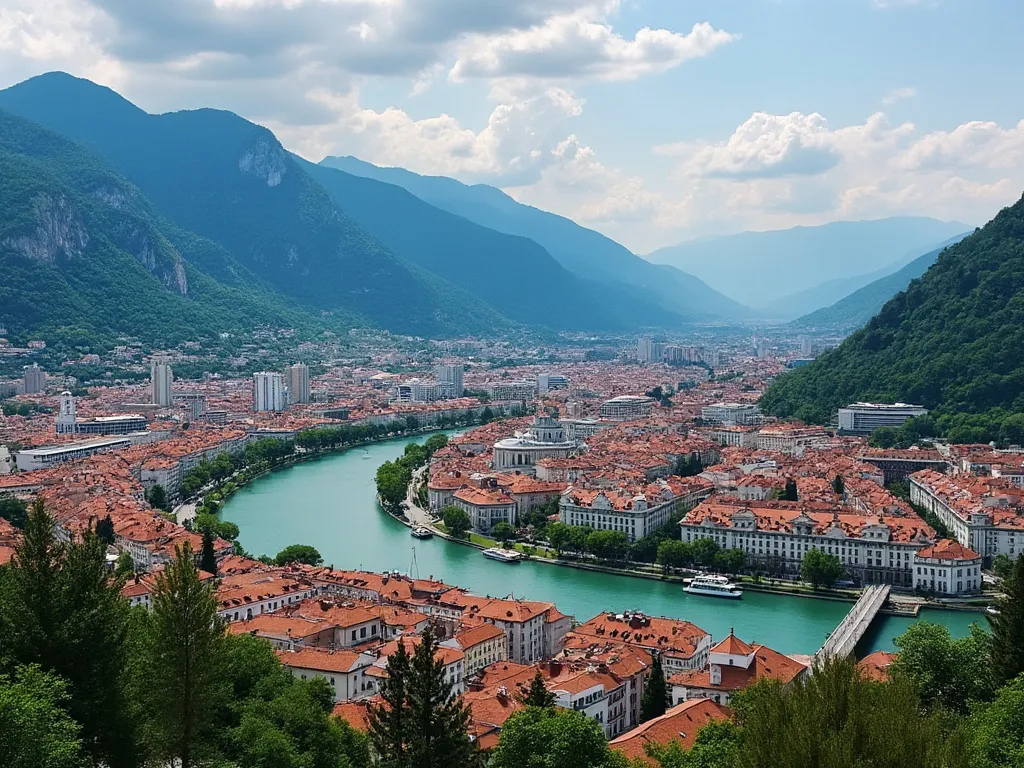 Sarajevo
Sarajevo
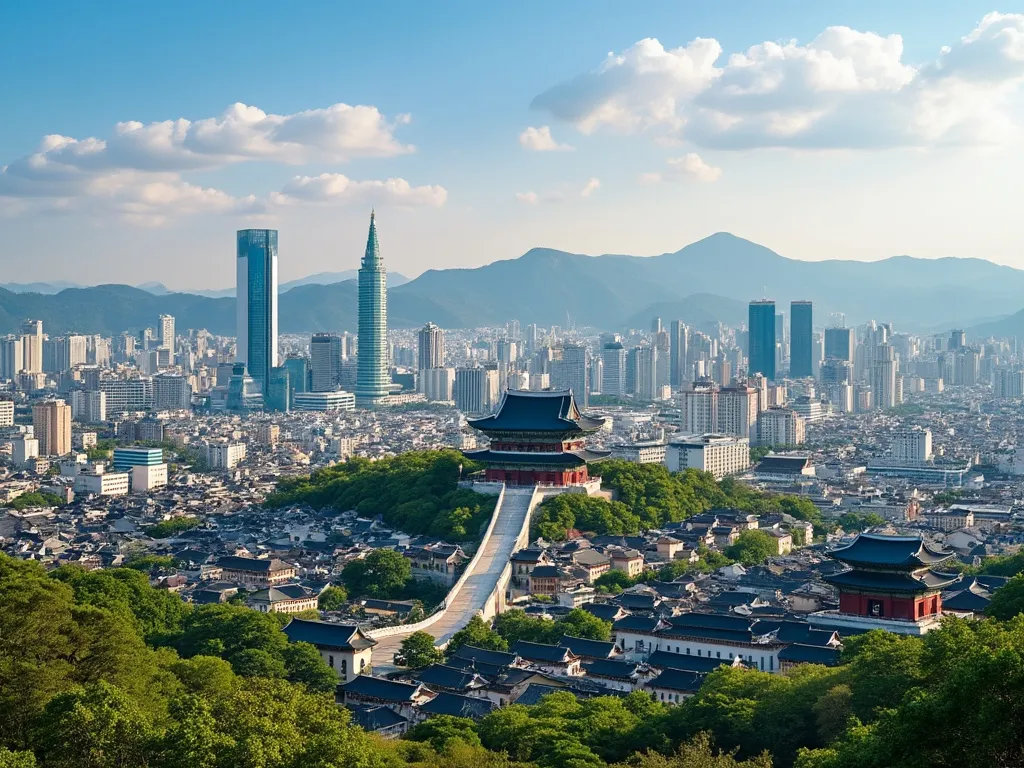 Seúl
Seúl
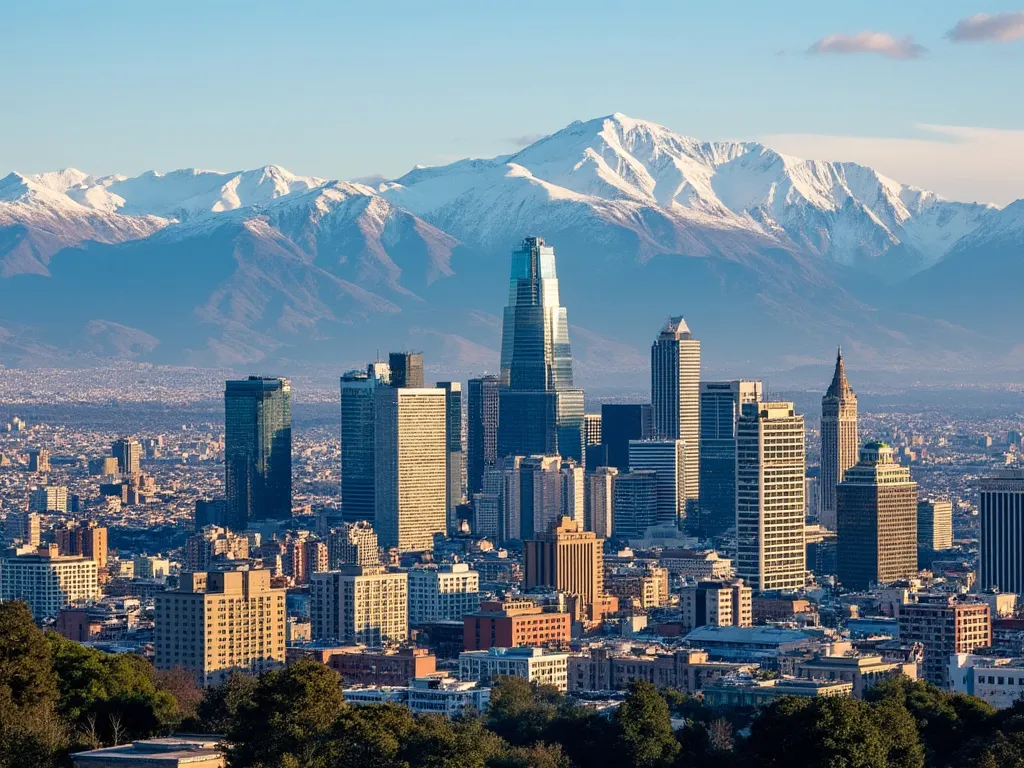 Santiago
Santiago
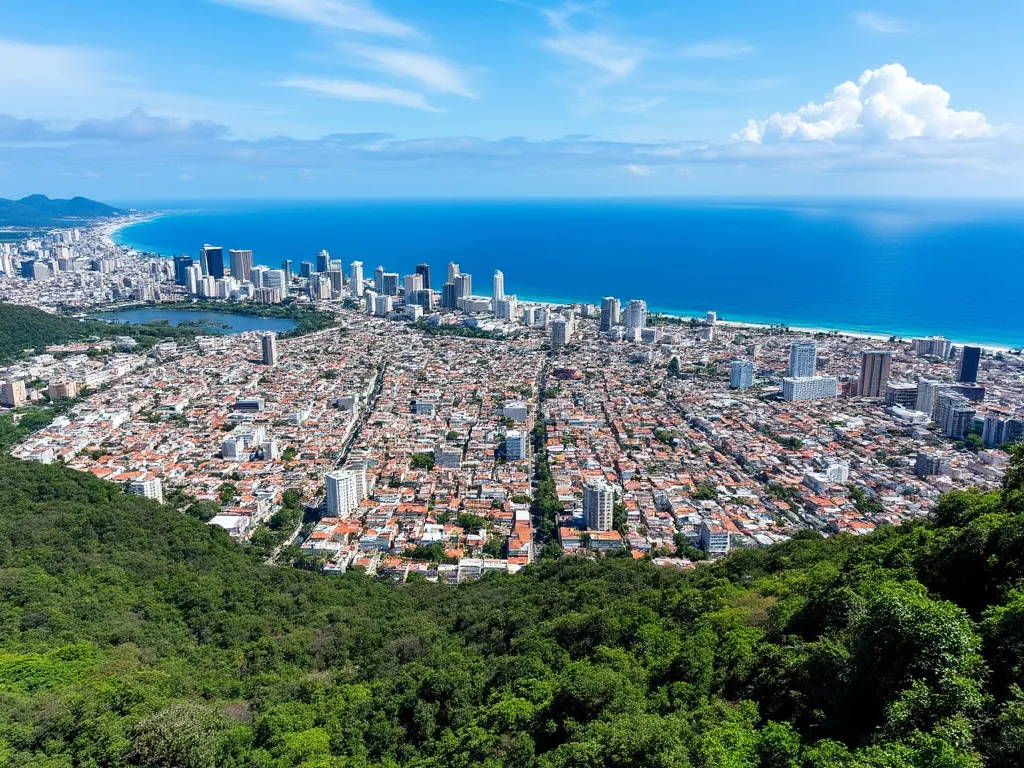 Santo Domingo
Santo Domingo